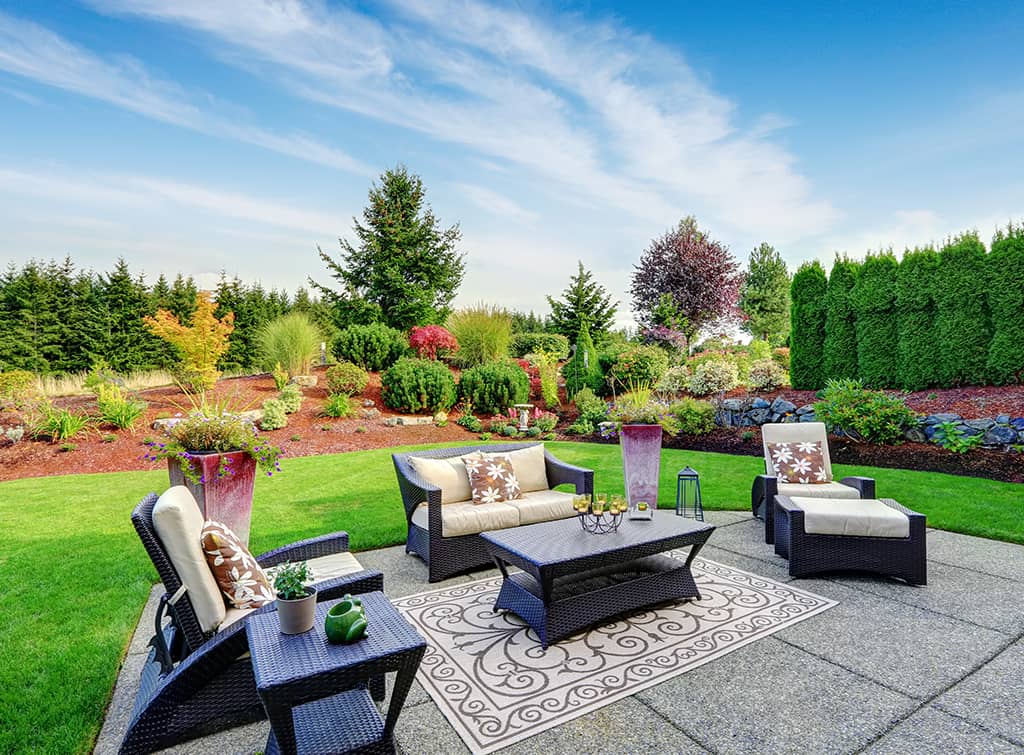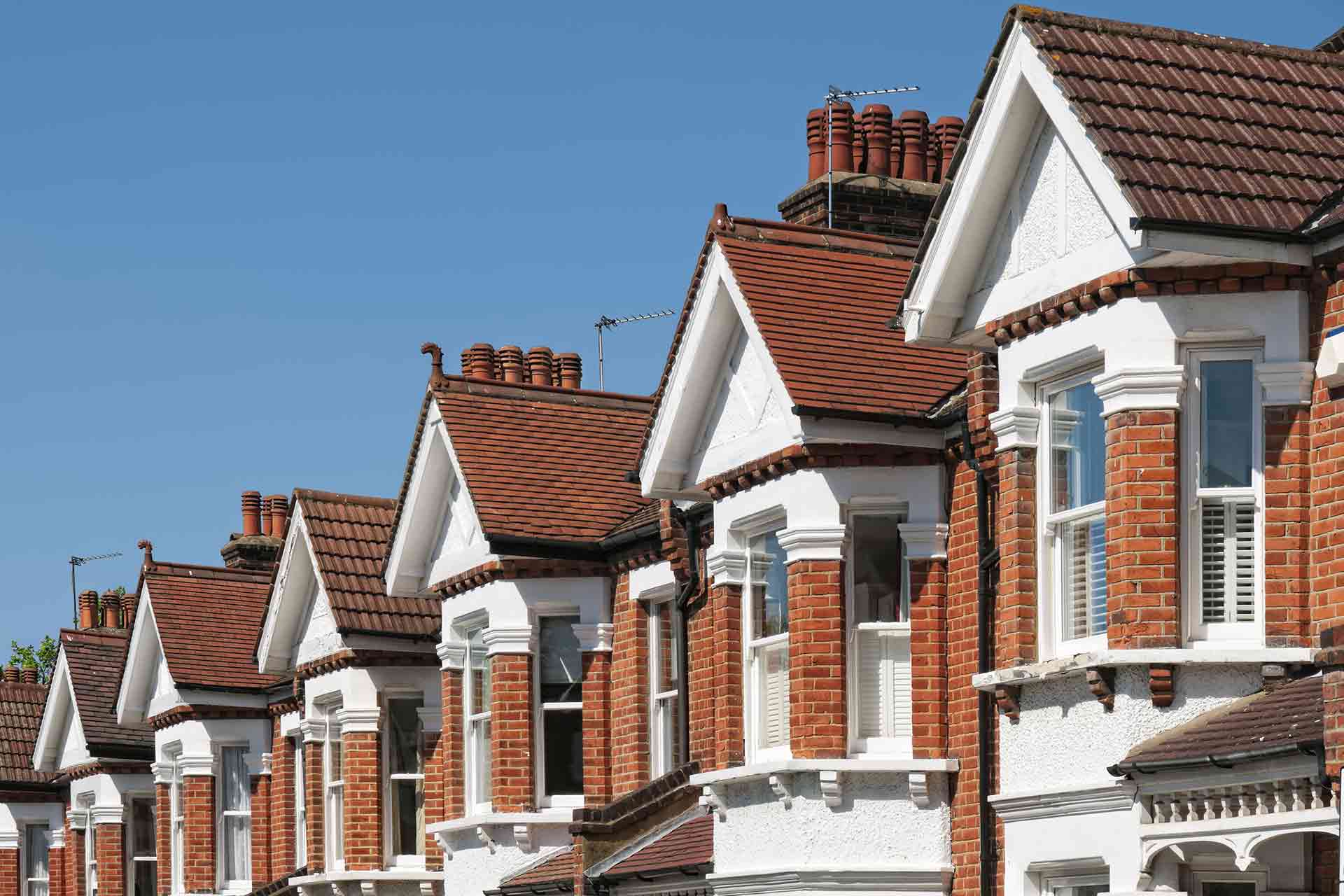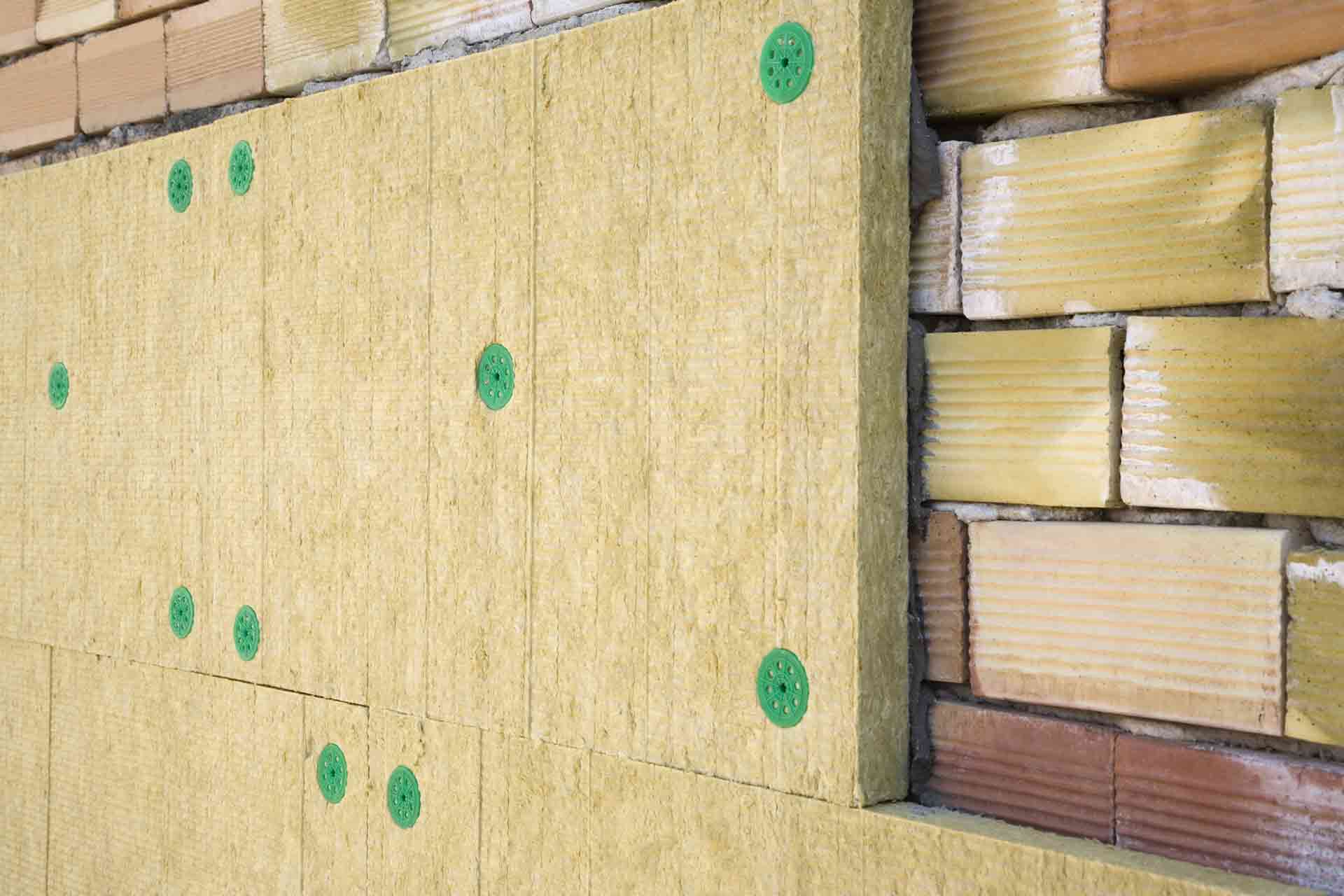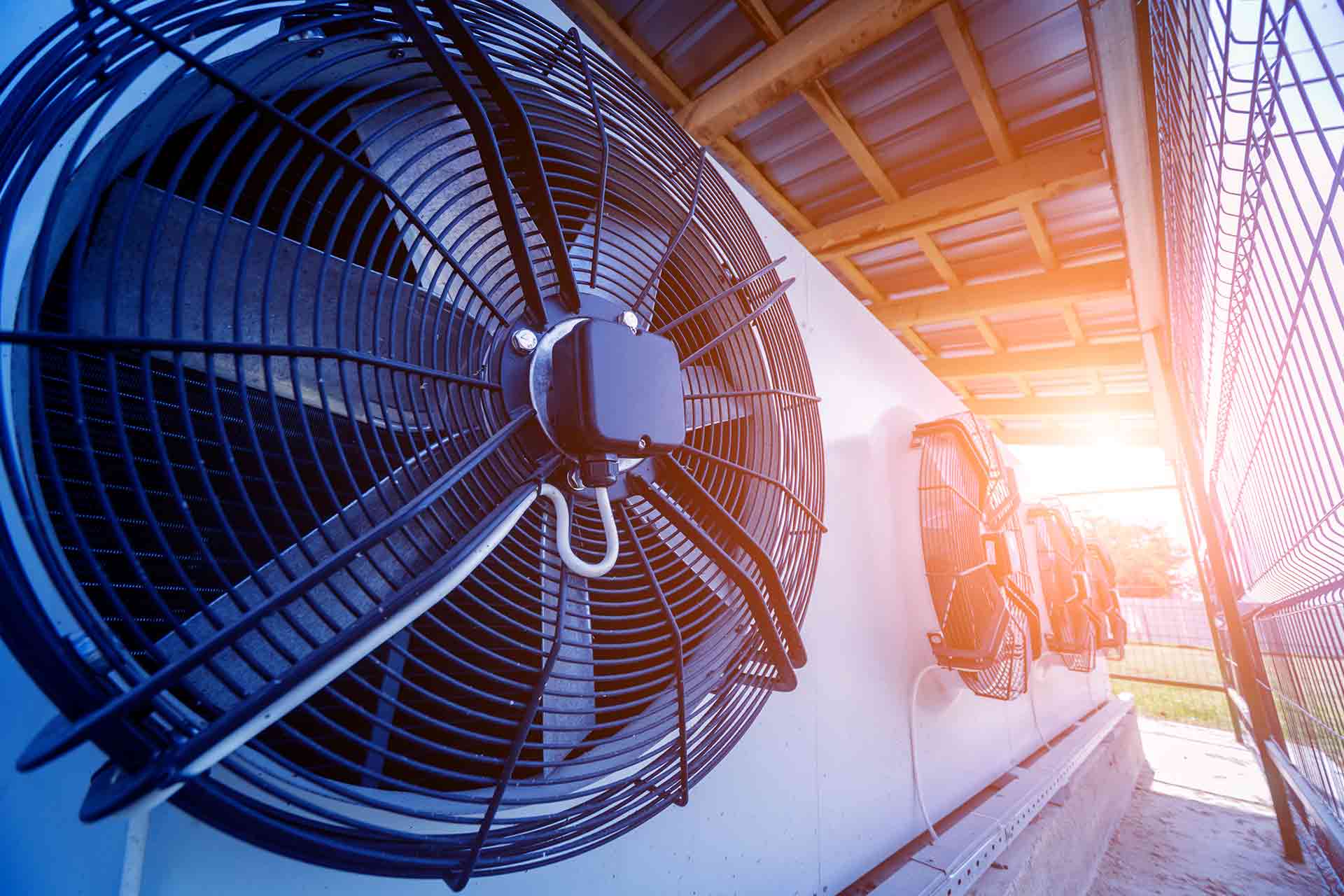Blog>Cost Guides>PIV installation cost
Last updated: 10 May 2024
PIV installation cost
PIV systems bring fresh, filtered air into your home and encourage stale, humid air out. They're a great solution for allergy sufferers and an increasingly popular ventilation method in UK homes. But how much does PIV installation cost?

PIV (positive input ventilation) systems are a great choice if your property is prone to condensation, damp, and poor air quality. But how much should you expect to pay? Our guide to the average PIV installation cost has everything you need to know.
See the tradespeople we've checked and recommend for your job
How much does PIV installation cost?
| Cost item | Quantity/unit | Cost Low - High | Average cost |
|---|---|---|---|
| Average cost for supply and install of PIV Unit | 1 item | £763 - £1,750 | £900 |
| PIV - supply only (dependant on size of unit/ heat controls) | 1 item | £650 - £1,500 | £800 |
| Day rate HVAC specialist | 1 day | £300 - £400 | £350 |
| Hourly rate HVAC specialist | 1 hour | £38 - £50 | £44 |
| Last updated: May 2024 Our costs are ballpark averages - get a local tradesperson to quote now | |||
Average PIV unit installation cost
You can expect to pay roughly £900to get a PIV unit supplied and installed.
PIV units are normally supplied with all the required parts and accessories. However, the cost of the unit will vary depending on the size and type of unit you choose.
For example, a PIV unit with heat control or a compact wall unit is normally more expensive than a loft PIV unit.
Depending on the size and type of unit you opt for, you're looking at roughly £800 for the unit itself(supply only).
Additional costs to install a PIV unit
As with any home improvement project, there are a few things that can add to your positive input ventilation system cost.
We recommend checking whether these items are included in your quote for PIV unit installation.
Penetrations through the walls/ceilings
'Making good' around the penetrations, e.g. plasterwork, paint, flooring
Electrical work to install the wiring and fuse switch for powering the unit - the day rate for an electrician is normally around £350
Another factor to consider is access to your loft. If this is tricky, it can affect installation time, which could impact the amount you are quoted.
Average rates for a PIV installer
You might be wondering who can install a PIV system. It's recommended that a trained HVAC (Heating, Ventilation and Air Conditioning) or PIV specialist installs your PIV system.
This will help to protect your product warranty and guarantee safe and proper installation, ensuring building regulations are adhered to and the work properly signed off.
The average hourly rate of an HVAC specialist is £44
The average day rate of an HVAC specialist is £350
A standard, loft-mounted PIV unit usually takes between 1 - 3 hours to install.
Contact or pay a trade through Checkatrade and you’re covered by our 12-month guarantee of up to £1,000*

Other considerations for positive input ventilation installation cost
To help budget for the cost of having a PIV unit installed, bear in mind that fire dampers and fire stopping may be required for building control. A specialist PIV installer will be able to advise on requirements.
Your installer should be able to carry out these works as part of the installation of your unit, but as a guide, here are the average costs of these items:
Fire damper (one unit): £50
Fire stopping (one unit): £20
Additionally, the PIV unit filters will need to be replaced every 3-5 years at a cost of around £35.
Are PIV systems expensive to run?
No, PIV systems are not expensive to run. Many people think that because PIV units run constantly, that they'll ramp up their utility bills. However, the running cost of a PIV unit is just a few pence per day. A heated unit in a large house will cost more, costing around £100/year to operate.
Are PIV units worth the money?
Yes, PIV units can certainly be worth the money.
A PIV system does come with an upfront cost for the supply and installation of the unit. However, once it's in place, it requires very little maintenance and its running costs are low.
One of the main reasons to install a PIV unit is to cure condensation, damp, and mould within your home. These are problems that would otherwise be ongoing and costly.
Additionally, the filtration system within a PIV unit reduces the concentration of pollutants, allergens, and stale air within your home, making it a healthier and more comfortable living environment, especially for people with allergies.

On Checkatrade, you'll only find trades who meet our high standards and pass up to 12 checks.
Find an experienced PIV installer near you
To ensure you reap the benefits of your PIV system, we recommend speaking with a professional installer to make sure you choose the right home ventilation solution for your needs. Search your postcode to find a qualified PIV installer near you.
See the tradespeople we've checked and recommend for your job
FAQs
Do PIV units make a house cold?
No, a PIV unit shouldn't make a house cold. However, this does depend on the model you choose. Some systems have heat control, to warm the air before it's circulated into the property. If you select a non-heated unit, check your loft is well insulated to avoid pulling cold air into the house during colder times.
Will PIV stop condensation on windows?
A PIV unit lowers the humidity in a property. This helps to prevent condensation on windows and black mould from forming.
Where is the best place to fit a PIV unit?
A PIV unit can either be fitted in the loft or, in the absence of a loft, compact wall units are available. Compact wall units require penetration through external walls and are often best for flats or where specific rooms are to be targeted.
It's also worth remembering that fans work best with short duct runs with limited bends. Therefore the location of your PIV installation and available duct routes should be carefully considered. A professional installer will be able to advise you on this.
See the tradespeople we've checked and recommend for your job
More Cost Guides
More Air Conditioning Articles
See the tradespeople we've checked and recommend for your job




